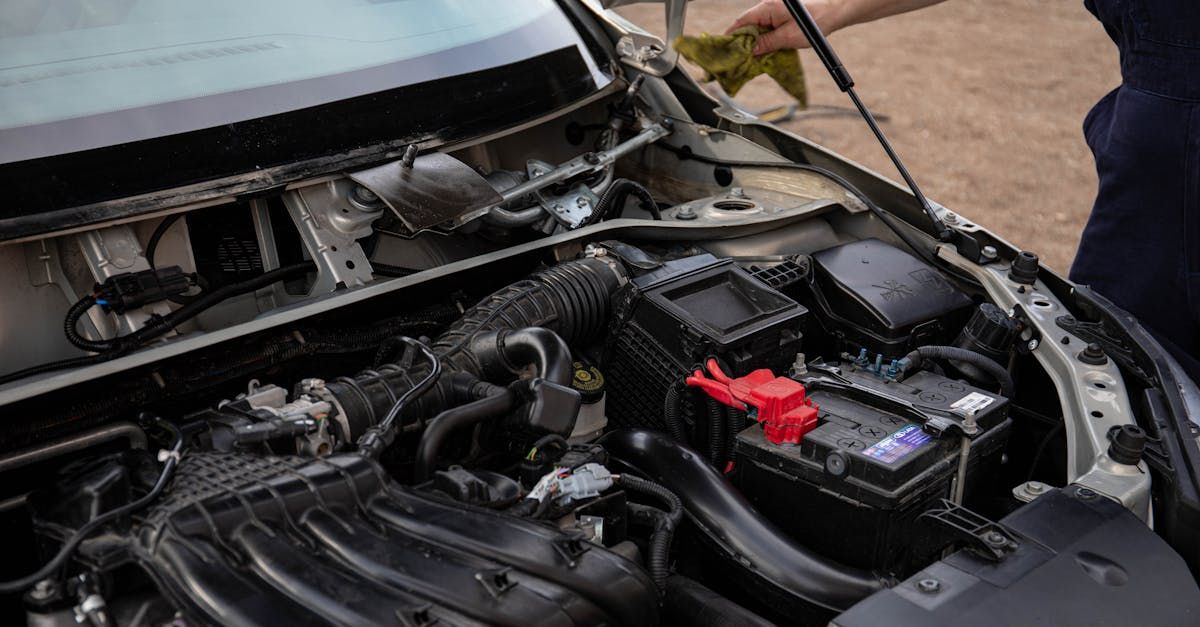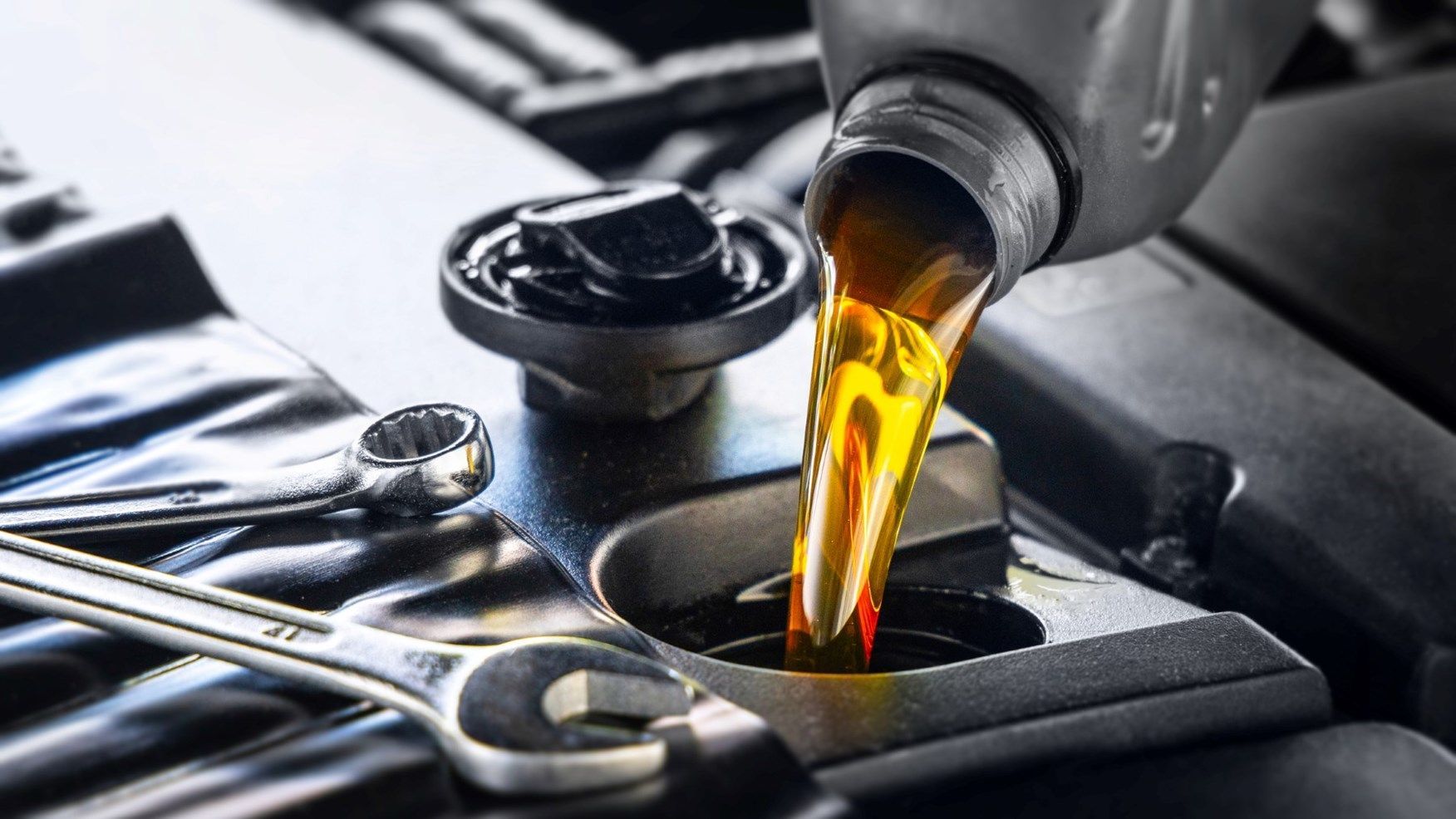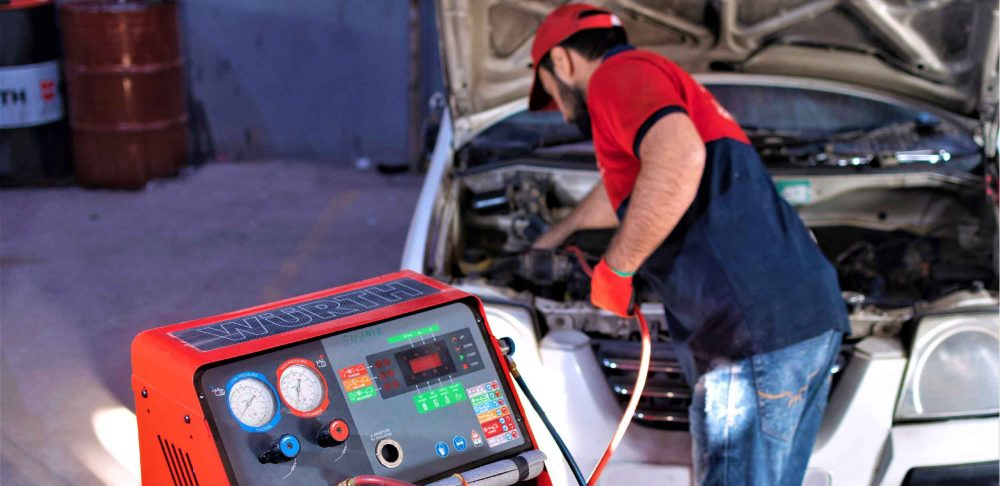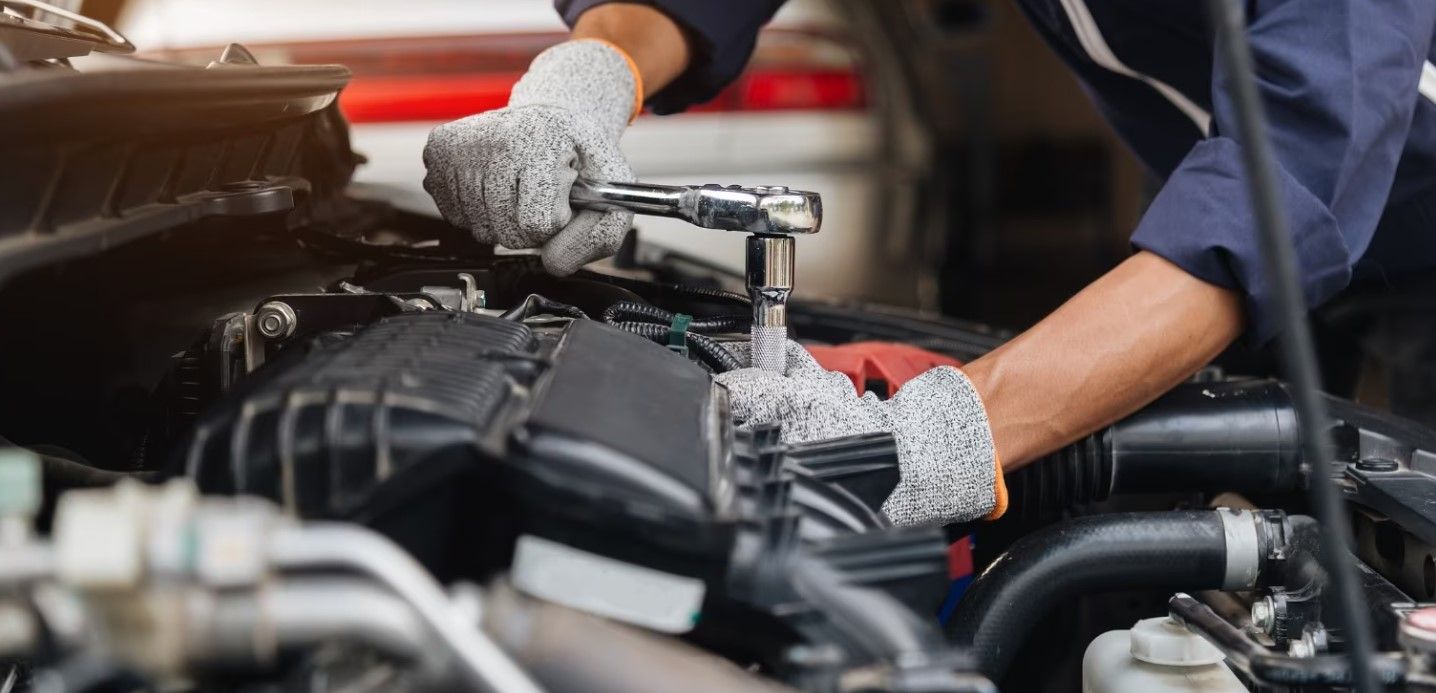When Should I Change My Car Brakes? Expert Advice from Knoedler Automotive
Brakes are one of the most critical components of your vehicle, directly responsible for your safety on the road. Knowing when to change your car brakes is essential for maintaining optimal performance and ensuring you’re always driving with confidence. At Knoedler Automotive, we believe that understanding brake wear and tear, along with regular inspections, can prevent costly repairs and keep you safe.
In this blog, we’ll explore the key signs that indicate it’s time for new brakes, common factors that affect brake wear, and how Knoedler Automotive can help you stay ahead of brake maintenance. Whether you're driving in the city or taking long road trips, we want to empower you with the knowledge to make informed decisions about your vehicle’s brake health.
Understanding How Brakes Work
Before diving into the signs of brake wear, it’s helpful to understand the basics of how your brakes function. Modern braking systems rely on friction to slow down and stop your vehicle. When you press the brake pedal, hydraulic fluid causes brake pads to clamp down on the rotors (or drums), generating the necessary friction to decelerate the car.
Over time, both brake pads and rotors wear out due to this constant friction. Recognizing the early signs of wear is key to ensuring your braking system operates efficiently.
Signs It’s Time to Change Your Brakes
Here are the most common signs that it’s time to replace your brakes:
1. Squeaking or Squealing Sounds
One of the earliest and most obvious signs of worn brake pads is a high-pitched squeaking or squealing sound when you apply the brakes. This noise occurs because most brake pads are designed with wear indicators that alert you when the material has worn thin. If you hear this sound regularly, it’s time to schedule an inspection at Knoedler Automotive.
2. Grinding Noise
A grinding noise when you brake is a more severe warning sign. This sound typically indicates that your brake pads have worn down completely, causing the metal backing plate to rub against the rotors. Ignoring this can lead to expensive rotor damage, so don’t wait—visit Knoedler Automotive in [Location] as soon as possible.
3. Vibrations or Pulsations
If you feel vibrations or pulsations in the brake pedal when stopping, it could indicate warped rotors. Warped rotors can occur due to excessive heat or uneven wear and can significantly reduce braking effectiveness. This issue requires immediate attention to prevent further damage.
4. Longer Stopping Distances
If you notice that your vehicle takes longer to come to a complete stop, this could mean your brake pads are worn out, or there’s an issue with the brake fluid. Longer stopping distances increase your risk of an accident, so it’s essential to address this issue promptly.
5. Brake Warning Light
Many modern vehicles come equipped with brake warning lights on the dashboard. If this light comes on, it could mean that your brake fluid is low, or there’s another issue with your braking system. Make sure to have it checked by professionals at Knoedler Automotive as soon as possible.
6. Soft or Spongy Brake Pedal
If your brake pedal feels soft or spongy when you press it, this is a sign of air or moisture in the brake lines, or potentially a brake fluid leak. In either case, immediate service is necessary to restore the proper hydraulic pressure in your braking system.
Factors That Affect Brake Wear
While all brakes wear down over time, several factors can influence how quickly your brake pads and rotors need to be replaced:
1. Driving Habits
Frequent braking, hard stops, and aggressive driving can accelerate brake wear. By adopting smoother driving habits—such as gradually slowing down and coasting to a stop when possible—you can extend the life of your brakes.
2. Type of Brake Pads
Brake pads come in different materials, including organic, ceramic, and semi-metallic options. Ceramic pads typically last the longest but may be more expensive, while organic pads are quieter but wear out faster. At Knoedler Automotive, we can help you choose the right brake pads based on your driving needs and budget.
3. Driving Conditions
City driving with constant stop-and-go traffic puts more stress on your brakes compared to highway driving, where you can maintain a more consistent speed. Additionally, driving in hilly areas or frequently carrying heavy loads can cause faster brake wear.
4. Vehicle Type
Larger, heavier vehicles like trucks and SUVs typically require more braking force, which leads to quicker wear on the brake components. Lighter vehicles tend to experience slower brake wear under normal driving conditions.
How Often Should You Change Your Brakes?
There’s no one-size-fits-all answer to how often you should replace your brakes, as it largely depends on your driving habits, vehicle type, and brake pad material. However, as a general rule:
- Brake pads should be inspected or replaced every 30,000 to 70,000 miles, depending on their type and your driving conditions.
- Rotors may need to be replaced every 70,000 miles or resurfaced during brake pad replacements if they show signs of uneven wear.
At Knoedler Automotive, we recommend scheduling regular brake inspections every 12,000 miles or once a year to ensure that your brakes are functioning properly. Our expert technicians will check for wear and tear, fluid levels, and overall brake system health to help you avoid unexpected breakdowns or costly repairs.
The Importance of Regular Brake Inspections
Regular brake inspections are the best way to ensure that your braking system remains in top condition. During an inspection, our technicians at Knoedler Automotive will:
- Check the thickness of your brake pads and rotors
- Inspect the brake lines for leaks
- Ensure the brake fluid is at the proper level
- Examine the calipers for any signs of sticking or damage
These routine checks help prevent minor issues from turning into major problems and give you peace of mind knowing that your vehicle is safe to drive.
Why Choose Knoedler Automotive for Brake Services?
At Knoedler Automotive, we take pride in providing top-quality brake repair and maintenance services. Our ASE-certified technicians use the latest diagnostic tools and equipment to ensure your brakes are always in optimal condition. We’re committed to offering honest, transparent service, so you can trust that we’ll only recommend repairs or replacements when they’re truly needed.
Whether you need a simple brake pad replacement or a more comprehensive brake system inspection, you can count on Knoedler Automotive to provide the expertise and service you deserve. Plus, we offer competitive pricing and convenient scheduling options to fit your busy lifestyle.
Maintaining your vehicle’s brakes is essential for your safety and the overall performance of your car. By staying on top of regular brake inspections and being mindful of the signs that it’s time for a change, you can avoid costly repairs and keep your vehicle in peak condition.
If you’re noticing any of the warning signs mentioned above, or if it’s time for a routine brake check, don’t wait—schedule an appointment with Knoedler Automotive today. Our team in [Location] is ready to help you with all your brake repair and maintenance needs, ensuring your car is safe and reliable for the road ahead.
Follow us
Knoedler Automotive
Services
List of Services
-
Tune-UpTune-Up
-
Air Conditioning RepairAir Conditioning Repair
-
Oil Changes, Lube, & FilterOil Changes, Lube, & Filter
-
Brake - ABS RepairBrake - ABS Repair
-
Driveline RepairDriveline Repair
-
Exhaust System RepairExhaust System Repair
-
Car Battery ServiceCar Battery Service
-
Engine Repairs & ReplacementEngine Repairs & Replacement
-
Wheel AlignmentsWheel Alignments
Follow us
Knoedler Automotive




© 2024 Knoedler Automotive. All Rights Reserved | Website managed by Shopgenie






